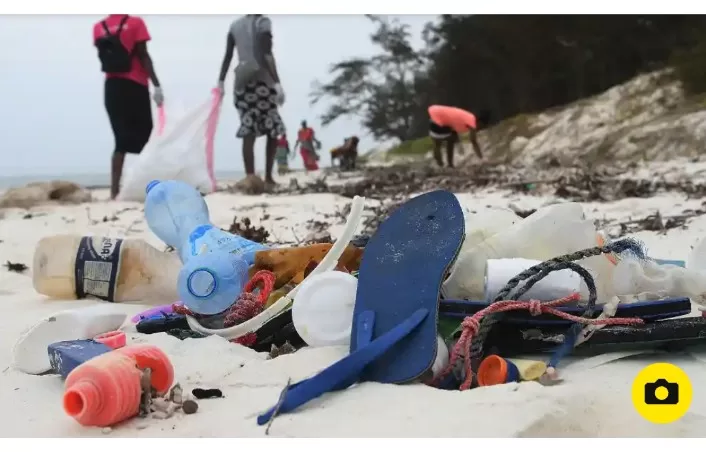Nairobi, Kenya – Government representatives from around the world are assembling in Nairobi for a pivotal meeting aimed at shaping the inaugural global treaty to combat the escalating plastic pollution crisis. The talks, which commence on Monday, will scrutinize whether the proposed targets to curtail plastic production should be universally mandated or if individual nations should autonomously determine their objectives—a decision hailed as the “center of gravity” for the treaty’s ambition.
During the prior negotiations in Paris, a divergence emerged among nations, with the United States, Saudi Arabia, India, and China advocating for a “Paris-style” agreement, granting states the freedom to establish their commitments. In contrast, many African and developing countries favored robust global commitments to address the pervasive issue of plastic pollution.
There are indications of a potential shift in the U.S. stance on this critical matter, according to observers. Graham Forbes, the Global Plastics Campaign Lead for Greenpeace USA, noted signals of change but emphasized the need for vigilant monitoring to discern the evolution of the U.S. position. The negotiations are expected to delve into the crucial details surrounding rules and regulations necessary for effective implementation.
The recently published “zero draft” of the treaty, considered the foundational document for negotiations, offers diverse perspectives from different governments. A central point of contention pertains to virgin plastic production, where three options are outlined for working towards a reduction in primary plastic. These options range from a globally agreed reduction target, similar to the Montreal Protocol, to nationally determined targets and restrictions.
Tim Grabiel, a Senior Lawyer at the Environmental Investigations Agency, expressed hope for a hybrid approach between options one and two. Acknowledging the complexities of geopolitics, he emphasized the importance of finding a balance between multilateral environmental agreements and effective, measurable commitments.
Plastic waste is escalating, with projections indicating a nearly threefold increase by 2060, with limited recycling and substantial landfilling. Greenpeace advocates for a 75% reduction in plastic production by 2040 to align with a 1.5°C climate scenario.
The ongoing negotiations in Kenya mark a critical juncture in advancing a comprehensive global treaty to address plastic pollution, with a formalized agreement targeted for completion by the end of 2024.




